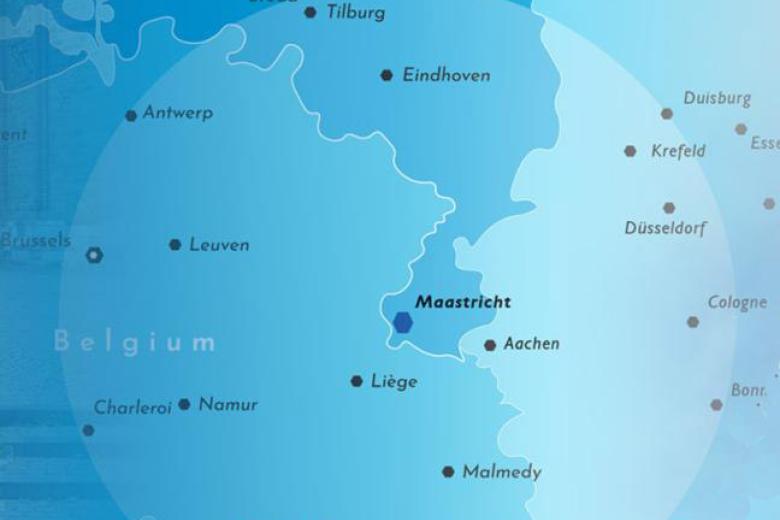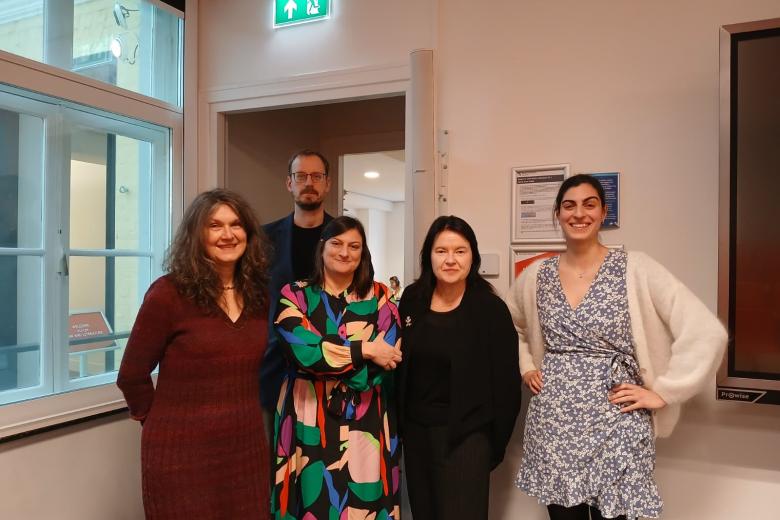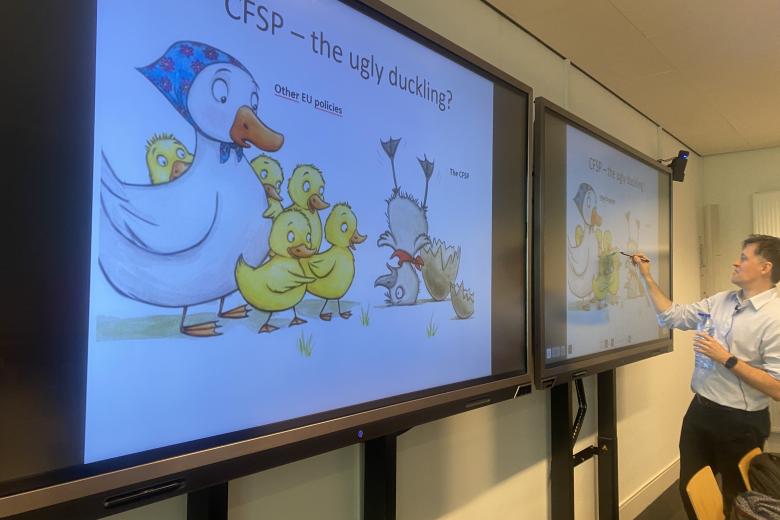A rights-based approach to development for children living in unrecognized states
As part of the larger NWO research project Invisible Children, which studies the development rights of children living in unrecognised states, Marieke Hopman conducted a case study of children living in the Sahrawi Arab Democratic Republic (Western Sahara).
Just before Covid-19 hit, Dr Hopman and student researcher Florentina travelled to the part of the Western Sahara that is currently under Moroccan control (Dec 2019) and then to the Sahrawi refugee camps in Algeria (Feb 2020) to collect empirical data on the rights situation of children living in these two areas.
Because Morocco does not allow any research on human rights being done in the Western Sahara, the first part of their study had to be conducted covertly. However, when they reached the Sahrawi refugee camps, they were free to use their preferred methodology. This includes speaking to children first to see what they think is the most important children’s right issue on which their case study should be focused.
In the Sahrawi refugee camps, Hopman and Florentina trained local researchers to continue the data collection after they left. However, due to Covid-19, the local researchers had to socially distance and the project was significantly delayed. The data collection was completed in November 2020, just as war broke out between the Sahrawi and Morocco. The researchers are debating how to deal with this development and the consequent change in the social situation of the children living in the camps.
| Return to lawreview2020 |
Also read
-
DigiMach places Meuse-Rhine Euroregion at the heart of industrial digitalisation
DigiMach (Digital Machining) is a new cross-border project uniting Belgium, Germany, and the Netherlands around a common goal: accelerating the digitalisation of the machining industry in the Meuse-Rhine Euroregion.
-
Globalisation & Law Network seminar with Áine Ryall
On 24 November 2025, the Globalisation & Law Network, together with the Institute for Globalisation and International Regulation (IGIR) held the seminar with Professor Áine Ryall.
-
Guest Lecture: Lóránt Havas explores current challenges in the EU’s CFSP
Lóránt Havas delivered a guest lecture on the EU’s evolving CFSP, discussing key legal developments, institutional challenges, and new defence instruments.